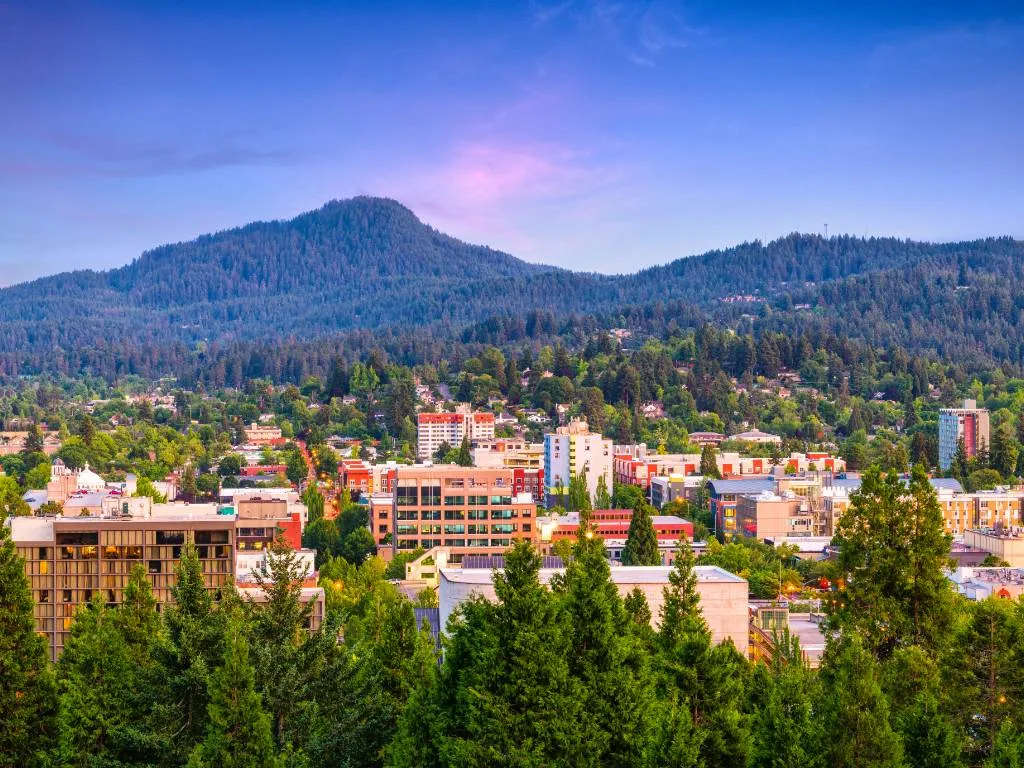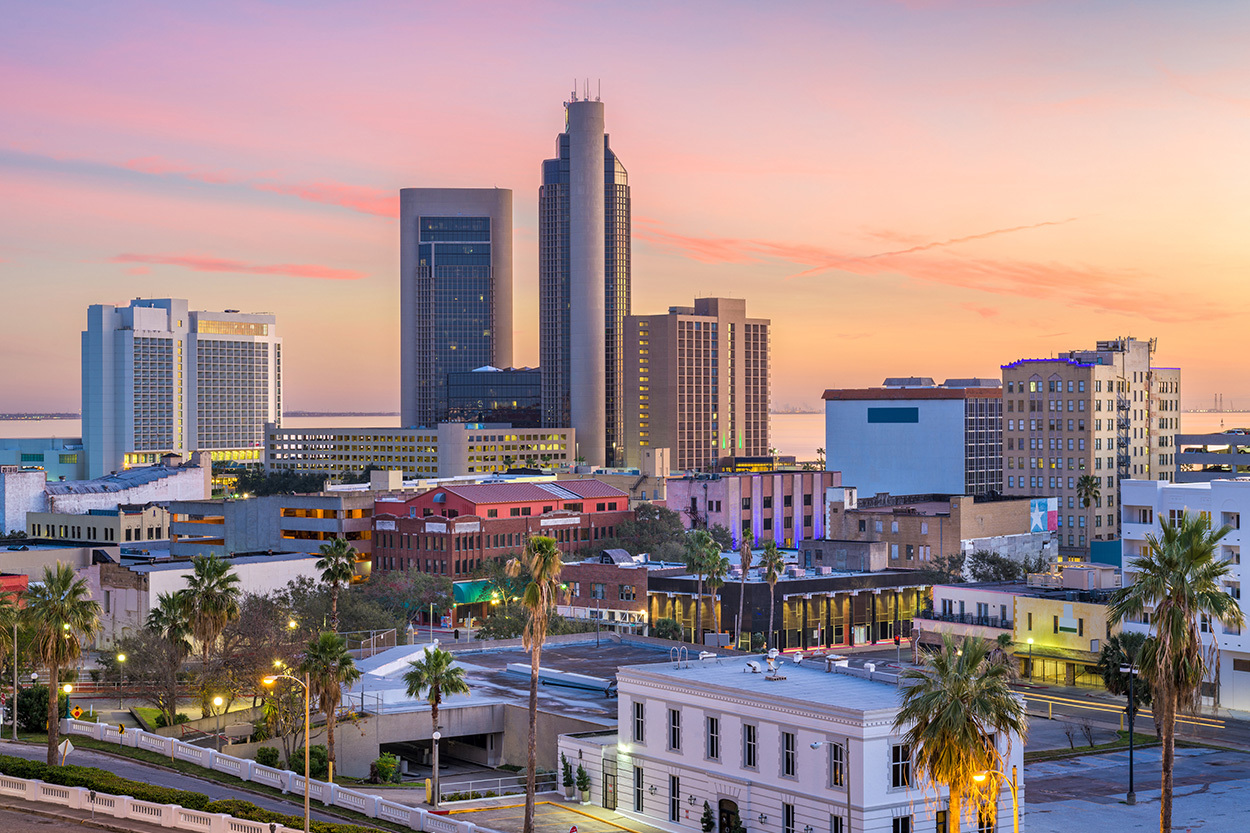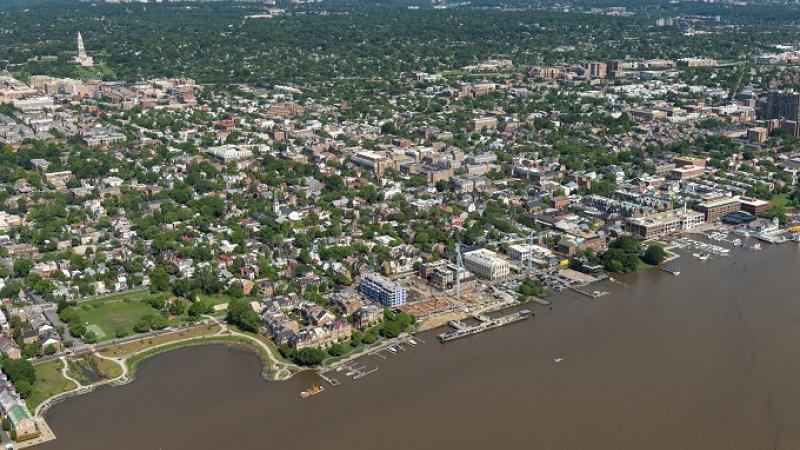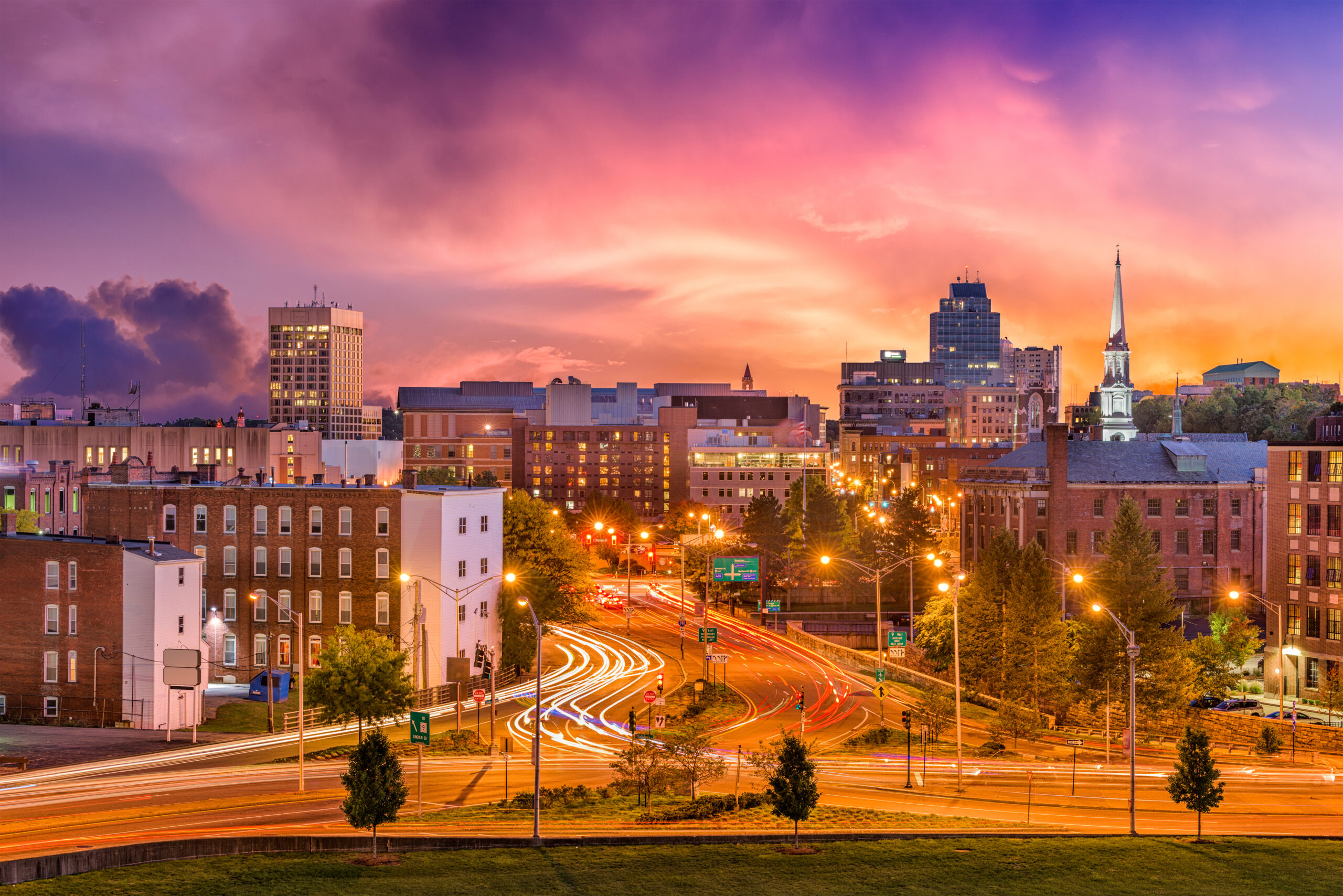10 Pros and Cons of Living in Eugene, OR

Situated at the foot of the Willamette Valley in Oregon is the city of Eugene. At approximately 50 miles east of the Pacific Ocean, it is close to the point where the McKenzie and Willamette Rivers meet. Not only is it the county seat of Lane County, but it is also the third most populated city in Oregon, behind Portland and Salem. The University of Oregon is also located there.
Visitors from all over the globe flock to Eugene every season for its beautiful scenery and plenty of outdoor activities. However, this city is not without its drawbacks, too. With that in mind, let’s check out ten pros and cons of living in Eugene, Oregon.
Pros of Living in Eugene
1. A stunning natural environment
The Emerald City is a nickname that both Seattle and Eugene have. The environmental consciousness and meticulous sanitation of this Oregon town are the reasons behind its given name.
Enjoy the great outdoors by going for a stroll in the park, visiting the shore to see whales or sea lions, or rowing peacefully on a serene lake. When you move here, you’ll discover a lot of open space, forests, and mountains to explore.
2. Work in the education, healthcare, or public service sectors
In Eugene, you can pursue your dream of becoming a teacher at one of three colleges. Every year, the public school district employs over a thousand people, making it a major employer in the area.
Likewise, with the abundance of wood production enterprises out there, getting into the lumber sector is easier than ever. Over 19 million people visit the area every year to explore the breweries, gastropubs, and tasting rooms. If you’re interested in making this city your permanent home, you can also discover opportunities in healthcare and public service.
3. Eugene is close to everything
It takes around two hours to get from Eugene to Portland on I-5 once you start living there. The eastern half of the state is home to high deserts, which you can reach after around 90 minutes of driving. Assuming traffic isn’t too bad, you can also get to the shore in roughly 90 minutes. This means that there are a ton of ecological zones to explore, each with its own set of attractions and activities.
The lava flows at Bend and Northern California’s Lassen National Park are within a day’s drive of Eugene residents. Travelers also have the option of visiting the Columbia River valley in the north, the Sierra Nevadas in the south, or the Cascades in the west.
4. Eugene is home to the University of Oregon
No matter how you put it, the University of Oregon is the shining star in Eugene, and the city itself is a focal point for college towns.
Many of the campus clubs and pubs rely on the annual flood of new students to stay open, and any sports fan in Eugene can take pride in the university’s athletic programs and support The Ducks.
5. Catch a show at The Hult Center
Despite its relatively small size, the University of Oregon’s new basketball arena in Eugene attracts a number of well-known entertainers.
The Hult Center hosts off-Broadway musicals as well as performances by regional opera and ballet organizations. As you ramble through the city, you’ll come across numerous food carts, an art cinema with a downtown location, and theaters that frequently show cult films.
Cons of Living in Eugene
1. Eugene is a terrible place for allergy sufferers
On most days, Eugene’s position is downwind from the Willamette Valley’s grass farms, so you should expect particularly high pollen concentrations. The summertime rating often exceeds 1,500 pollen grains per cubic meter of air, which is among the highest in the US for this particular concern.
Track athletes may find it challenging to compete in this climate due to the high pollen levels. One competitor in the 1982 Olympic trials was so severely allergic to grass seed pollen that he needed to be airlifted to a hospital by helicopter. Maria Mutola, a six-time Olympian, says she stopped training in the city because her allergies were too bad.
2. It rains a lot in Eugene
There isn’t much sunshine and blue skies in Eugene, so it can be hard for you to find happiness there if that’s what you’re looking for. As a general rule, people spend more time outside after moving here, but unless you happen to be here between July and August, it’s usually raining. Eugene gets 47 inches of rainfall in a year.
The snowfall is lower than the rest of Oregon, at only 3 inches yearly, but you can still expect a significant storm once a year on average. Cities look so verdant because of all the rain, but those who suffer from conditions like SAD may find the short days particularly difficult to bear.
3. The crime rate is higher than the national average
Data shows that, compared to the national average of 22.7, Eugene has a violent crime rate of 23.9. Furthermore, at 57.8, compared to 35.4 nationally, Eugene’s property crime rate is significantly higher than the national average.
As a result, people in Eugene should brace themselves for a higher crime rate compared to the rest of the nation.
4. The cost of living is 6% higher than the national average
With an index of 106, Eugene’s cost of living ranks above the national average. That’s 6% more than the national average but 6% less than the state average.
While utilities and groceries cost less than the national average, transportation is 11% higher than the national average. The median home price in Eugene is $464,226, higher than the national average of $430,000.
5. Eugene has a homelessness problem
Some folks are cool with nomads hanging around their houses, while others aren’t so much. A significant percentage of people live on the streets here than in any other city in the state, and many residents seem to approve of allowing recreational marijuana use. With a 12% increase in the past five years, the homeless rate in Eugene is 432 per 100,000.
Most people would appreciate Eugene if they like small towns. However, you’ll just be saying “No, thank you” more frequently than usual when someone tries to take your spare change from you.
Final Thoughts
In summary, living in Eugene, Oregon, offers a rich natural environment, diverse job opportunities, and proximity to various attractions.
However, the city grapples with high pollen levels, frequent rainfall, elevated crime rates, above-average living costs, and a homelessness issue. Individuals considering Eugene should weigh these factors to determine their compatibility with the city’s unique lifestyle and challenges.






